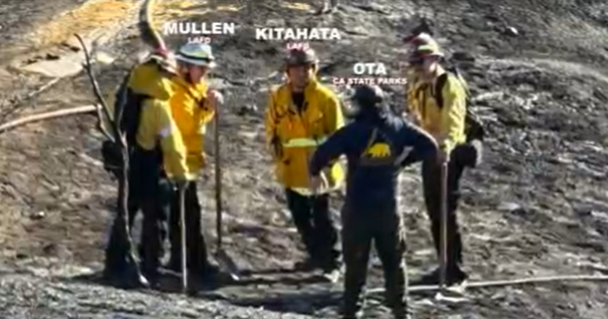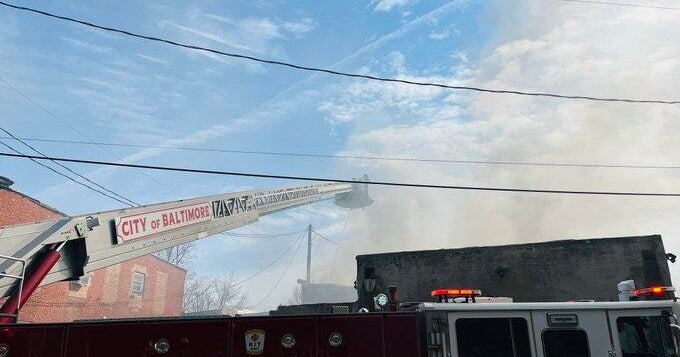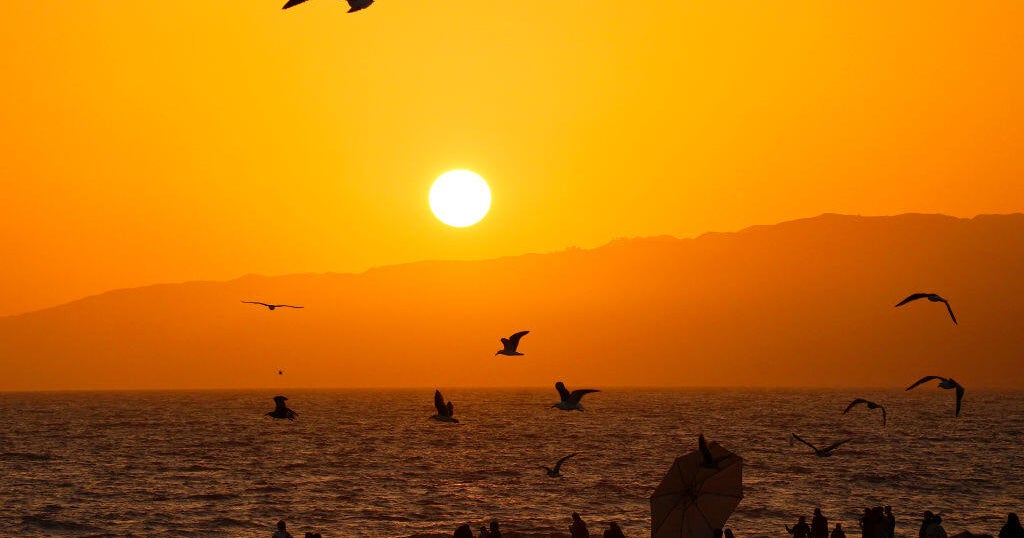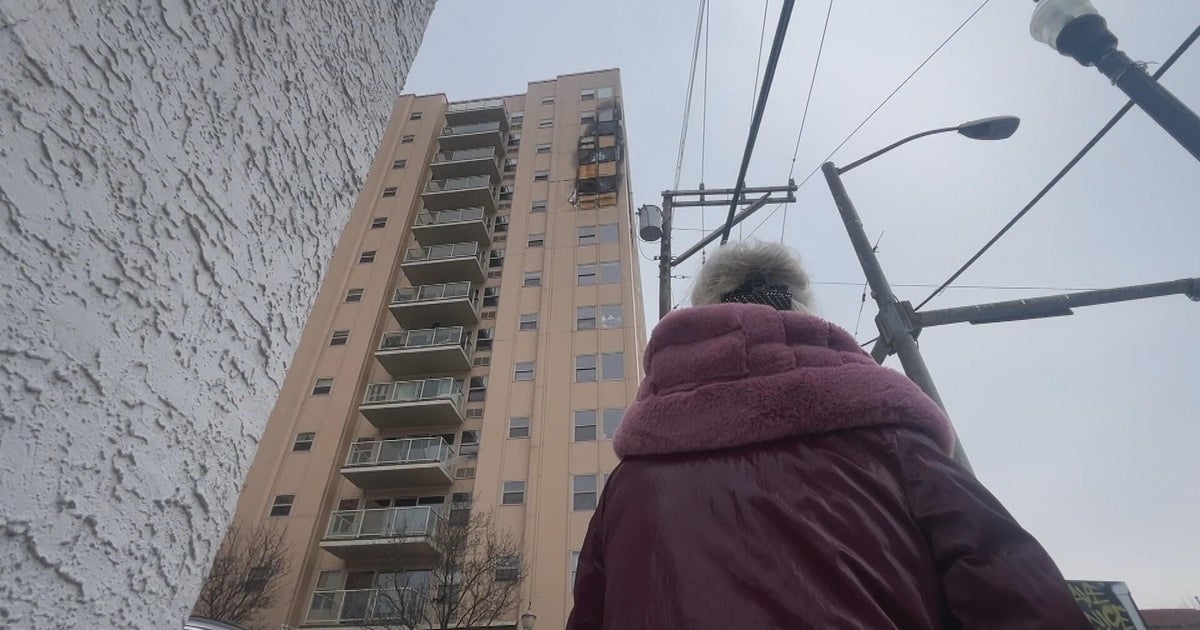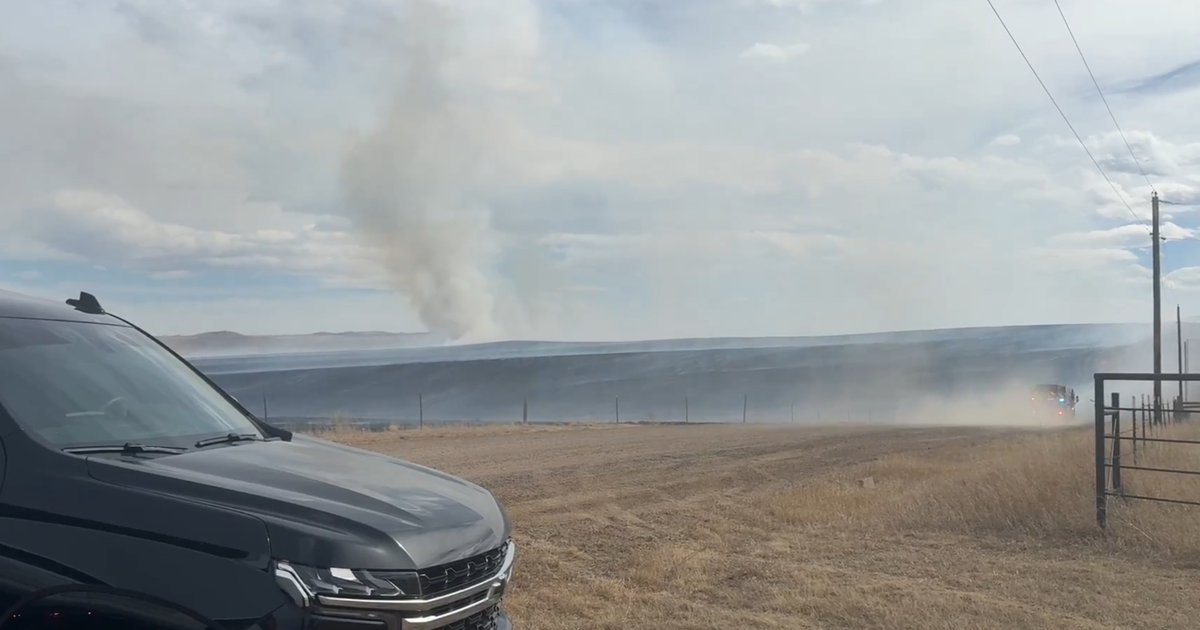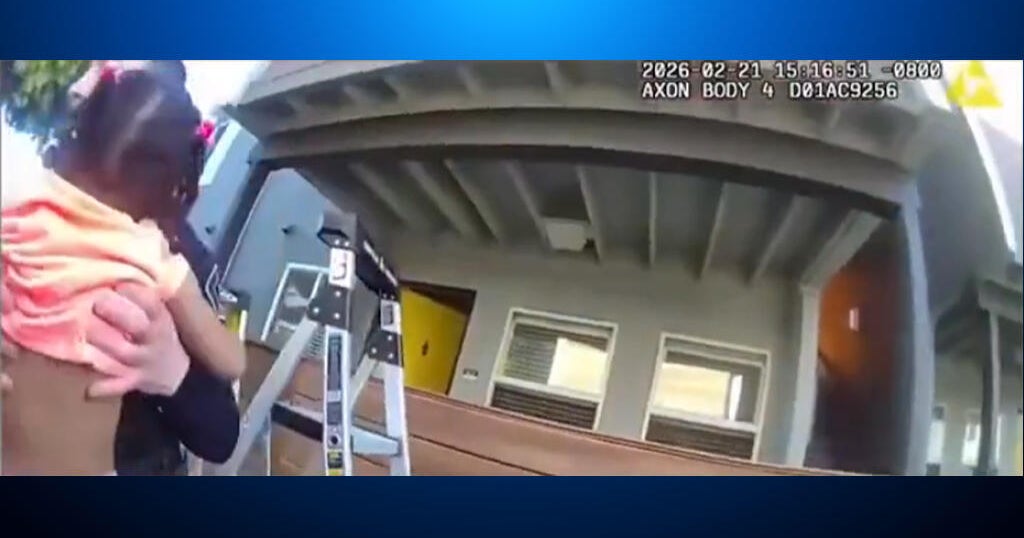Mesquite firefighters explain how they prepare to work in the extreme Texas heat
MESQUITE (CBSNewsTexas.com) - Most Texans probably consider themselves experts on dealing with heat.
While most of us spend our summers trying to escape it, though, firefighters can find themselves running toward it. And the up to 75 pounds of gear they wear? That's designed to protect them from fire, not from hot temperatures.
"This heat's for real. It's the real deal," said Collin Hester, a firefighter in Mesquite. "You're burning up in there."
Staying fit can ease the strain heat takes on your body. So you can gradually acclimate yourself to it.
That's one reason firefighters like Hester exercise outside in the warmth of their station's garages.
"The more you do it, the more you get used to it," he said.
Our bodies can adapt to become more efficient at sweating.
According to the CDC, by increasing our exposure to hot weather over time, we can start to produce sweat sooner, make more of it, and lose fewer electrolytes in the process.
"Staying hydrated helps," said Hester, chugging down water after his workout.
Drinking enough water helps make up for all the liquid our bodies shed when we sweat and helps us regulate our own body temperature.
Firefighters carry a supply of bottled water wherever they go.
If there's an ongoing fire, especially during the summer, that's going to take a while to put out, the department dispatches a specialized vehicle, called Rehab-1, which carries an extra large refrigerator fully stocked with water and sports drinks.
It's also got air conditioning, a bathroom, and a shower.
"The nice thing about this vehicle is the size of the vehicle. You can get 3 or 4 firemen in here that have been working actively on a scene for 20 minutes. They can come in here, peel off their gear, sit down, cool off, drink cold water," said Mesquite Fire Captain Travis Block.
Still, even firefighters can succumb to the elements.
"You see guys go down 'cause of the heat and it's one of those.. it just hits you," said Mesquite Firefighter Aaron Hall.
Confusion, nausea, dizziness, and weakness can all be signs you've hit your limit.
"The first thing we want to do is say, hey, let's go sit in the ambulance or let's go sit inside in the A/C to get them out of that environment, so they can cool down as fast as possible," said Conner Tobias, who like every other working firefighter in Mesquite has trained to be a paramedic.
"The next thing we want to do is grab one of these instant cool packs," he said. "We want to get them under the armpits, right around the neck."
Over the summer, the number of people Mesquite paramedics treat for heat-related illnesses spikes.
"If their skin is very very hot, but they're not sweaty. Then we know they've been like this for a while," said Tobias. "We want to get an IV started to get water back in their body."
Extreme heat, firefighters know, can kill.
Take it seriously, though, and soon you'll see the cooler days of fall.
